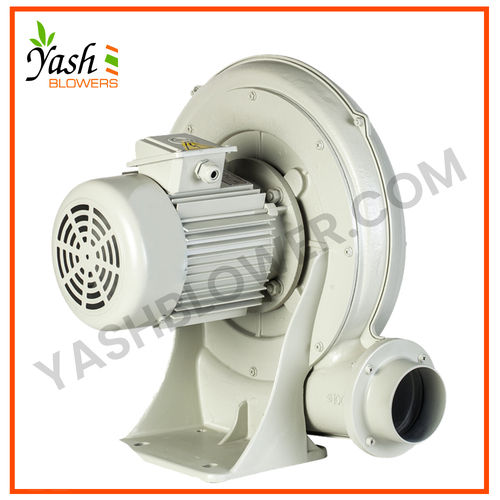
CX Series Centrifugal Air Blower
11500.0 INR/Unit
Product Details:
- Size Standard
- Usage Industrial
- Product Type CX Series Centrifugal Air Blower
- Color White
- Material Aluminium
- Power Electric
- Application Submersible
- Click to view more
X
CX Series Centrifugal Air Blower Price And Quantity
- 11500.0 INR/Unit
- 1 Piece
CX Series Centrifugal Air Blower Product Specifications
- White
- Aluminium
- CX Series Centrifugal Air Blower
- Submersible
- Standard
- Industrial
- Electric
CX Series Centrifugal Air Blower Trade Information
- 100 Piece Per Day
- 7 Days
Product Description
Tell us about your requirement

Price:
Quantity
Select Unit
- 50
- 100
- 200
- 250
- 500
- 1000+
Additional detail
Mobile number
Email


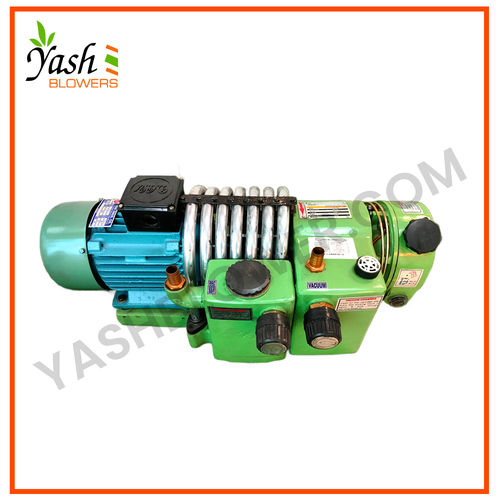
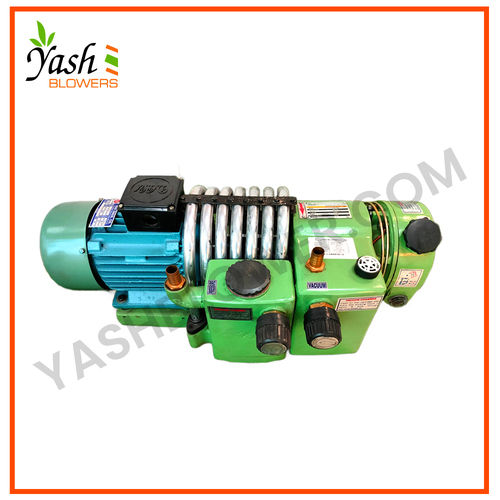
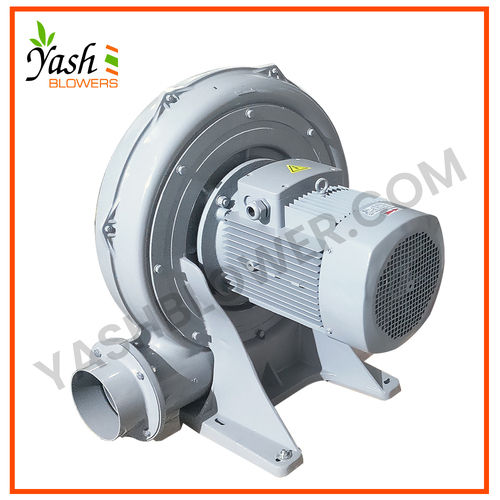
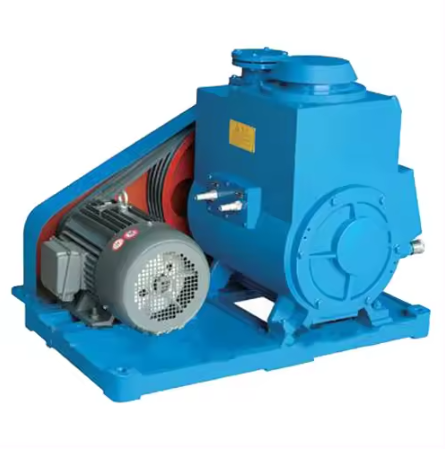


 Call Me Free
Call Me Free
 English
English Spanish
Spanish French
French German
German Italian
Italian Chinese (Simplified)
Chinese (Simplified) Japanese
Japanese Korean
Korean Arabic
Arabic Portuguese
Portuguese